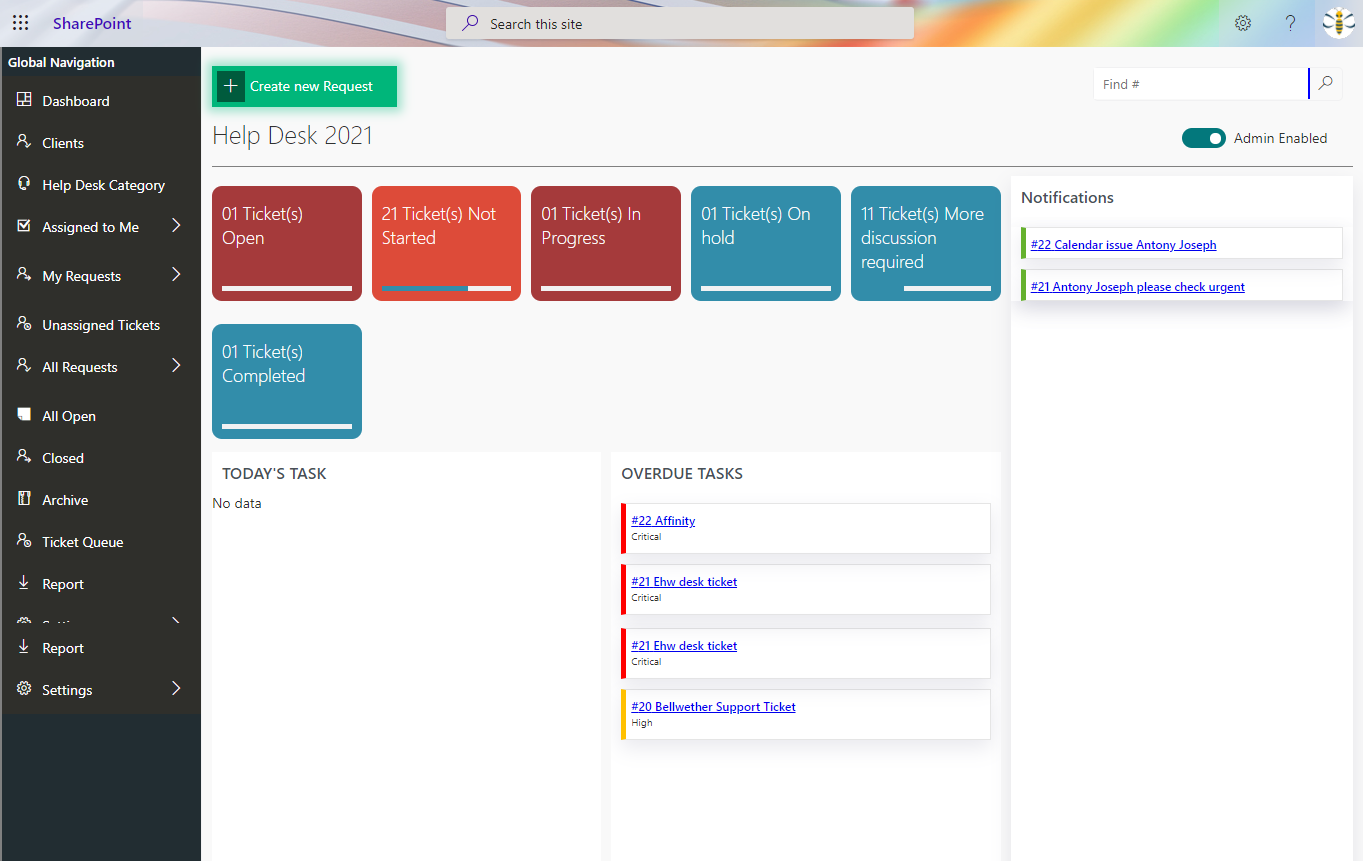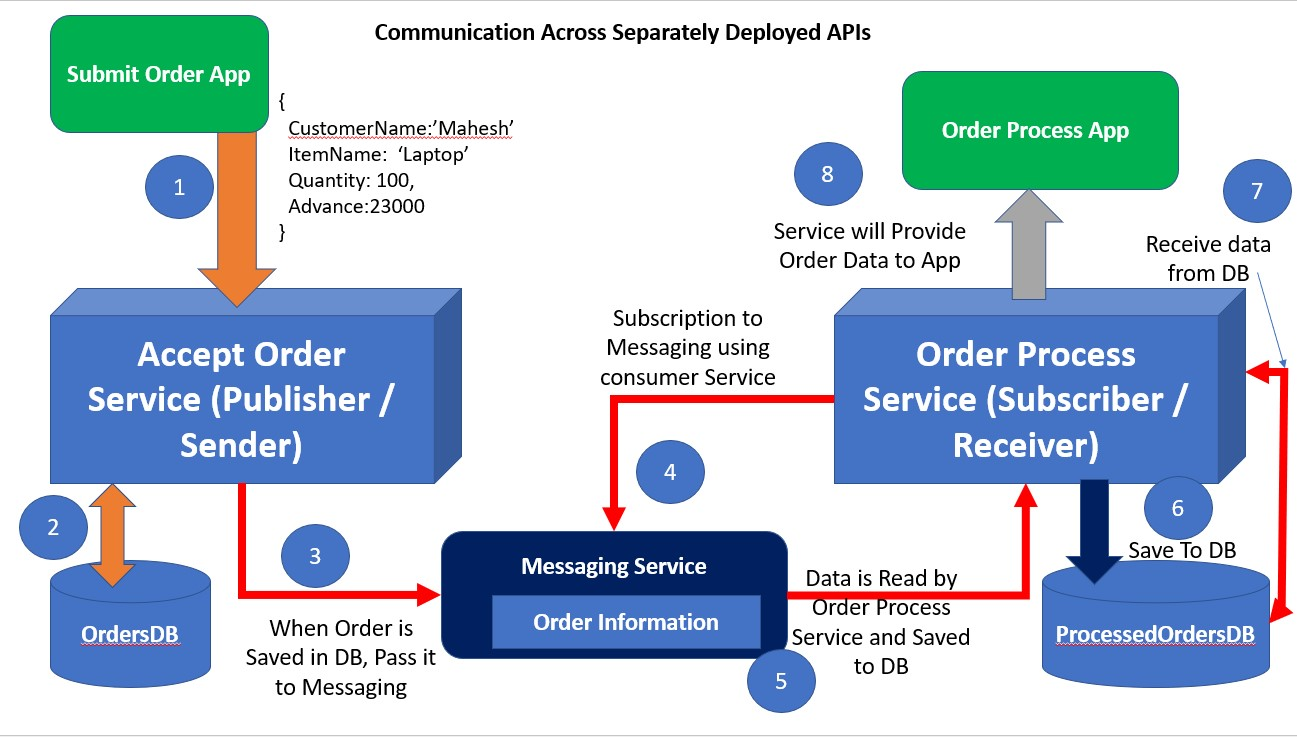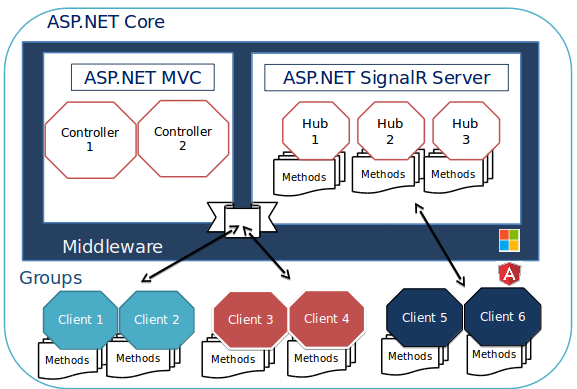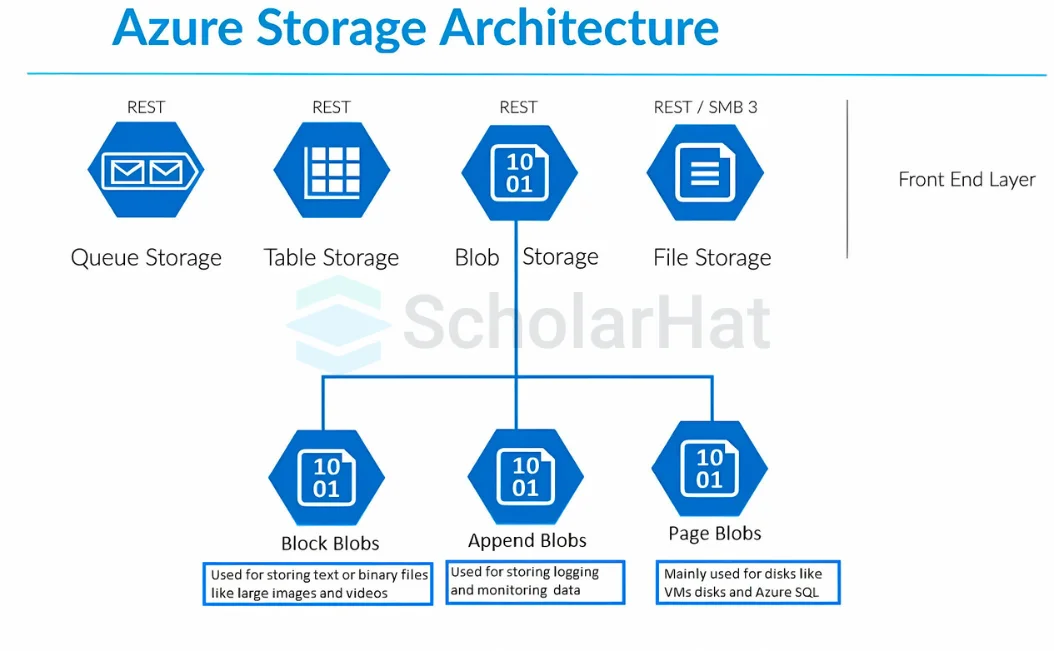Building a Scalable .NET Core Web API for a Customer Management System
- .Net
- December 08, 2024
-
Building a Scalable .NET Core Web API for a Customer Management System
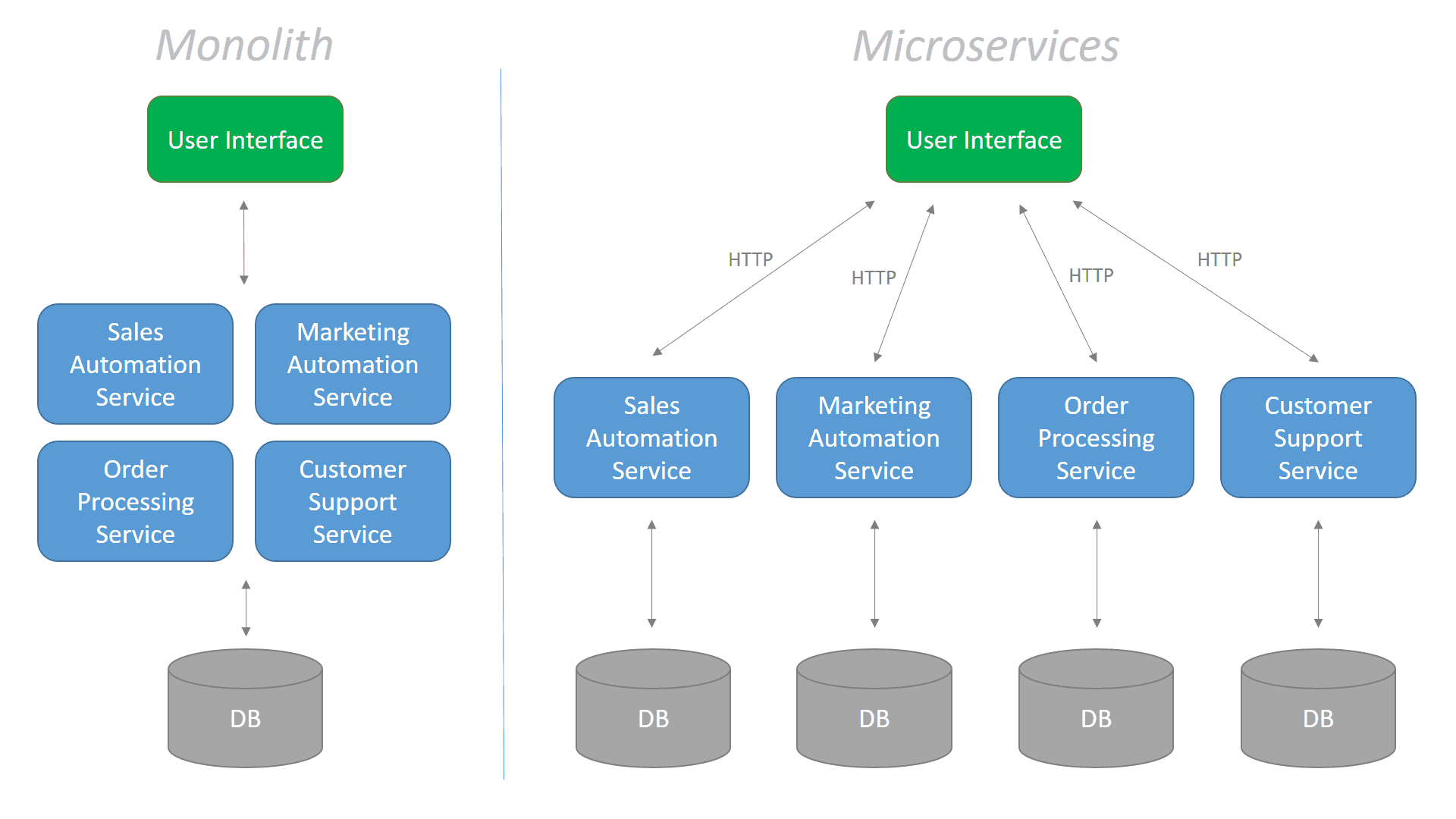
Introduction
In modern software development, building robust and scalable APIs is essential for connecting different systems and applications. .NET Core Web API has become a popular choice for developing RESTful services due to its performance, scalability, and cross-platform capabilities.
In this blog, we will explore a real-time example of how .NET Core Web API was used to build a scalable Customer Management System (CMS) for a client in the B2B (Business to Business) industry. The system needed to efficiently manage customer data, handle thousands of customer requests daily, and integrate with various other services.
Client Overview
Client: B2B SaaS Company
The client is a B2B SaaS provider offering a suite of tools to streamline operations for small and medium-sized businesses. They needed a backend solution that would allow their customers to access and manage customer-related data via an API.
Client Requirements:
- Manage and retrieve customer data (names, contact information, purchase history, etc.).
- Expose the data through a secure API, which could be consumed by their web and mobile applications.
- Support high traffic and ensure quick response times even during peak usage.
The client was facing several challenges with their legacy system, including:
- Slow response times due to inefficient API design.
- Difficulty in scaling the application to handle increasing customer demands.
- Security concerns around sensitive customer data.
Challenges Faced by the Client
- Slow Response Time: The legacy API was slow when retrieving customer data, especially when processing large queries.
- Scalability: As the client’s customer base grew, the existing infrastructure couldn't handle the increasing number of requests.
- Security: Sensitive customer data needed to be securely transmitted over the network.
- Integration: The client needed the new API to integrate seamlessly with third-party services like CRM systems, analytics tools, and marketing platforms.
Solution: Building a Scalable .NET Core Web API
To address these challenges, we proposed a .NET Core Web API solution that could scale with the client's growing business and meet their security and performance needs. Here’s how we used .NET Core Web API to build the customer management system:
Solution Design
1. Designing RESTful API Endpoints
We designed RESTful endpoints to manage customer data and expose it securely. The main features included:
- GET
/customers: Retrieve a list of customers. - GET
/customers/{id}: Retrieve detailed information for a specific customer. - POST
/customers: Add a new customer. - PUT
/customers/{id}: Update customer information. - DELETE
/customers/{id}: Delete a customer record.
Each endpoint was designed to be stateless and idempotent, ensuring that each request could be processed independently of others, improving scalability and reliability.
Key Features:
- Stateless: Each request is independent and doesn’t rely on the server storing any session data.
- Secure: Implemented HTTPS for secure data transmission, ensuring encryption of sensitive information.
- Standardized: Followed RESTful principles for API design to ensure ease of integration.
2. Data Access Layer with Entity Framework Core
For database access, we used Entity Framework Core (EF Core), a lightweight and fast Object-Relational Mapper (ORM) that integrates seamlessly with .NET Core. The data access layer handled the following:
- Customer Data Models: Mapped the customer data structure to database tables.
- CRUD Operations: Provided an abstraction layer for performing Create, Read, Update, and Delete operations on customer records.
- Database Configuration: Configured SQL Server as the database, using EF Core migrations to manage database schema changes.
By using EF Core, we were able to quickly develop and maintain the data access layer with minimal overhead.
Key Features:
- EF Core for easy and efficient data access.
- SQL Server as the relational database for reliable data storage.
- Asynchronous operations for non-blocking queries.
3. Authentication and Authorization with JWT Tokens
Security was a major concern, as sensitive customer information had to be protected. We used JSON Web Tokens (JWT) for securing the API endpoints.
- JWT Authentication: Users authenticate by logging in with their credentials. A JWT token is issued upon successful authentication.
- Token-based Authorization: API endpoints are protected using JWT tokens to ensure that only authorized users can access or modify customer data.
- Role-based Access Control (RBAC): Admin users have full access to all endpoints, while regular users have restricted access based on their roles.
Key Features:
- JWT Authentication for secure, stateless sessions.
- Role-based Authorization for access control.
- HTTPS for secure communication.
4. Performance Optimization
We needed to ensure the API could handle thousands of requests per minute without performance degradation. The following optimizations were implemented:
- Asynchronous Programming: We leveraged asynchronous programming to handle database queries without blocking the main thread, enabling the API to handle more requests concurrently.
- Caching: Frequently accessed data, such as customer profiles and purchase history, was cached using MemoryCache to reduce the load on the database and speed up responses.
- Database Indexing: We optimized database queries by indexing frequently queried fields (such as customer IDs) to speed up lookups.
Key Features:
- Asynchronous Queries for non-blocking operations.
- Caching to improve performance.
- Database Indexing to optimize search queries.
5. Cloud Deployment on Microsoft Azure
To ensure scalability, we deployed the API to Microsoft Azure. The infrastructure was designed to scale horizontally, allowing the API to handle increasing traffic. We used the following Azure services:
- Azure App Services: For hosting the .NET Core Web API, enabling easy scaling based on demand.
- Azure SQL Database: A fully managed relational database for storing customer data.
- Azure Key Vault: For securely storing API keys, connection strings, and JWT secrets.
Key Features:
- Auto-scaling with Azure App Services to handle peak traffic.
- Secure Key Management with Azure Key Vault.
- Reliable Data Storage with Azure SQL Database.
Business Benefits
1. Scalability
The new system could handle thousands of concurrent requests by automatically scaling up or down using Azure App Services. The microservices architecture ensured that different components of the application could scale independently based on demand.
2. Improved Performance
With asynchronous programming, caching, and database indexing, the API was able to handle large datasets and complex queries with improved response times, even during peak traffic.
3. Enhanced Security
The implementation of JWT Authentication and HTTPS ensured that customer data was securely transmitted and accessed only by authorized users.
4. Easier Integration
The RESTful API provided a standardized way to integrate with other services, including CRM systems and third-party tools, helping the client expand their system without major architectural changes.
Architecture Overview
- API Endpoints: Designed as RESTful services for managing customer data.
- Data Access: EF Core to interact with the SQL Server database.
- Authentication: JWT-based authentication with role-based access control.
- Cloud Hosting: Deployed on Azure using App Services and SQL Database for scalability and performance.
Start Your Data Journey Today With MSAInfotech
Take the first step towards data-led growth by partnering with MSA Infotech. Whether you seek tailored solutions or expert consultation, we are here to help you harness the power of data for your business. Contact us today and let’s embark on this transformative data adventure together. Get a free consultation today!

We utilize data to transform ourselves, our clients, and the world.

Partnership with leading data platforms and certified talents


